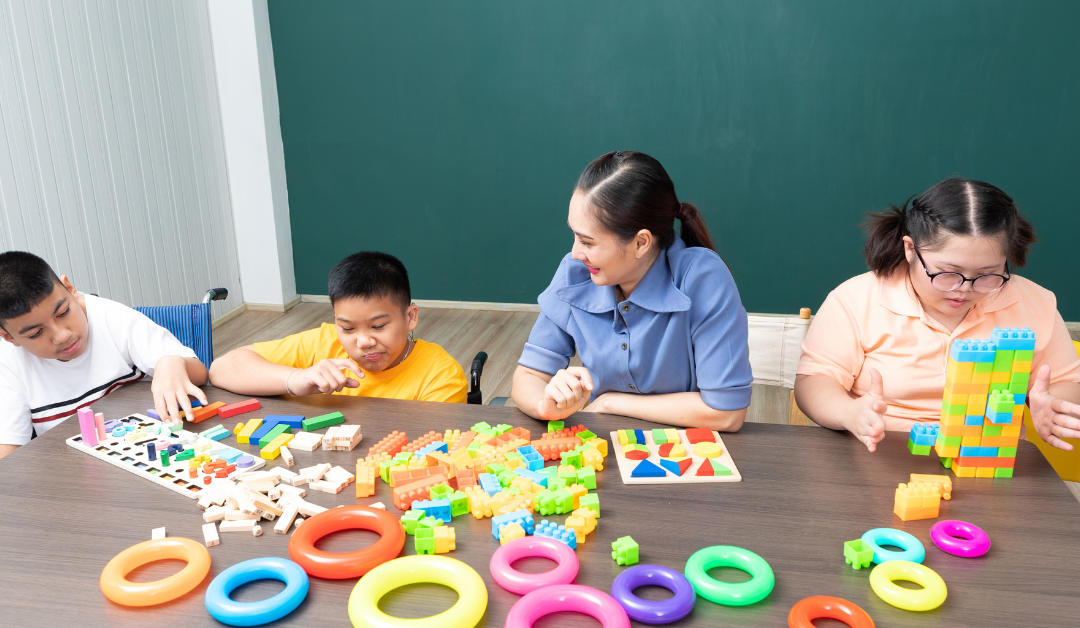Autism spectrum disorder (ASD) is a complex developmental disorder that affects social communication, behavior, and sensory processing. Early diagnosis and intervention can greatly improve outcomes for children with autism, making it important to understand the best practices for evaluating whether a child has autism.
Here are some of the best practices for evaluating whether a child has autism:
- Use a multidisciplinary team approach: The evaluation process should involve a team of professionals, including a pediatrician, psychologist, speech-language pathologist, and occupational therapist. Each member of the team can contribute their unique expertise and perspectives to the evaluation process.
- Use evidence-based assessment tools: There are several assessment tools that have been developed specifically for evaluating autism, such as the Autism Diagnostic Observation Schedule (ADOS) and the Autism Diagnostic Interview-Revised (ADI-R). These tools have been validated through research and can help provide a reliable and accurate diagnosis.
- Consider the child’s developmental history: Evaluators should consider the child’s developmental history, including any delays or difficulties in social communication, behavior, and sensory processing. Information from parents, caregivers, and teachers can also be helpful in understanding the child’s behavior and development.
- Use observation in natural settings: Observing the child’s behavior in natural settings, such as at home or in school, can provide valuable information about how the child interacts with others and processes sensory information.
- Continuously monitor progress: Once a child has been diagnosed with autism, it’s important to continuously monitor their progress and adjust interventions as needed. This can help ensure the child receives appropriate support and intervention as they continue to grow and develop.
By following these best practices for evaluating whether a child has autism, parents and healthcare providers can work together to provide early and appropriate intervention, improving outcomes for children with autism.

